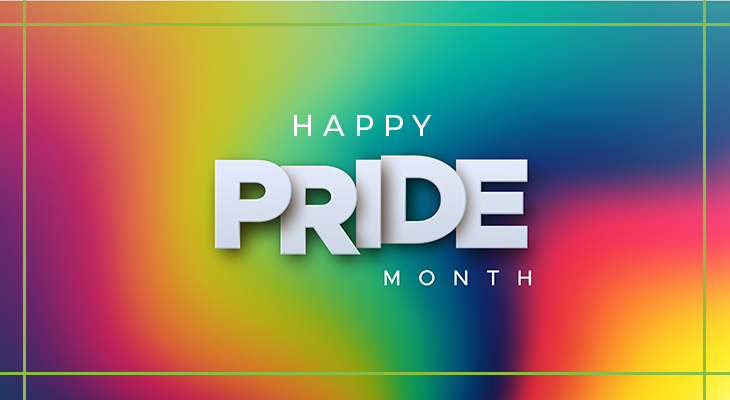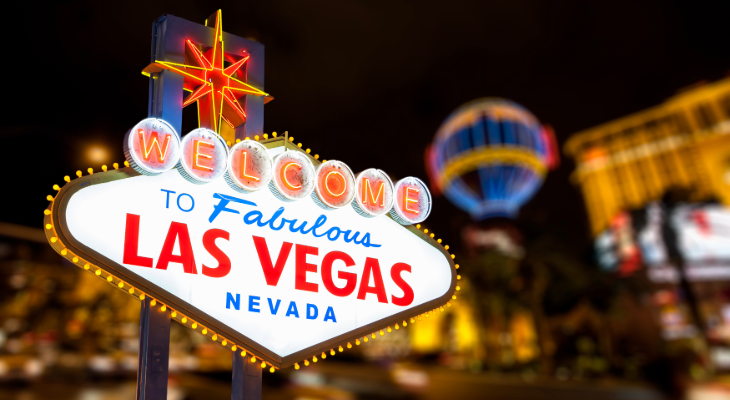DEIB: The heart of our SIO: A celebration of Pride and our LGBTQIA+ community
By: Byrony Treser in partnership with members of the LGBTQIA+ community
At first glance, it’s not very impressive, just a small humble bar amid towering apartment complexes that cast long shadows. On that fall day in 2019, most of New York was on the move hurrying along Christopher Street. But then I stopped for a moment to take in the scene and recognized that I was standing on hallowed ground. Sitting in the plaza and looking at Stonewall Inn, I thought about a conversation I had had with a resident a few months earlier, as they told me about what it was like for them as a trans individual and their participation in the June 1969 Stonewall uprising. I remembered the look of relief that flooded their face and the relaxing of their shoulders when they learned I knew some of their collective history. I was grateful my resident had shared with me the gift of their story but I also wondered how many times they hadn’t felt able to share their full selves.
Consider these statistics from the National Resource Center for LGBT Ageing:
- A national study of transgender people found that in the prior year, 23% of respondents avoided going to a doctor when they needed to because they feared being mistreated, and 33% did not go because they could not afford it.
- Many LGBT people have reported delaying or avoiding necessary medical care because they fear discrimination or mistreatment by health care staff.
- 88 percent of LGBT older people say they would feel more comfortable with long-term care services if they knew staff had been specifically trained about the needs of LGBT patients. More than two thirds say this would make them feel much more comfortable.
The protests in the summer of 1969 were a pivotal catalyst for members of the LGBTQIA+ community towards increased liberation and equity across multiple arenas including healthcare, housing, policy, and access to resources. As we celebrate and honor Pride month today, I sat down with three of our consumers to talk about their experiences.
Q: What makes an experience with your therapist/healthcare provider feel welcoming and inclusive?
A: “Listening is important. When someone frames back what I have said, I know they are listening. And when they reflect back the language I use, it makes a difference. If a provider doesn’t know, don’t make assumptions. That can make the space uncomfortable.”
A: “Respect for who you are because they [health care providers] can learn just as much from you. Respect is given, not taken. On the phone, people call me ma’am. When I correct them, and they continue to say ma’am, it feels like harassment. I know they aren’t interested in knowing me.”
A: “I am looking for freedom from judgment. Embrace people for who they are. Ask and be curious. Treat people with kindness, and not judgment.”
Q: What would you like your therapy team and health care providers to know about you?
A: “Have an appreciation for our history. And advocate for more equity because it is still not the same for everybody. Every single day, I am aware of my gayness. But straight people don’t need to be aware of their straightness. Privilege is all about people not being aware of their status. Providers should be aware of these differences.”
A: “Conversations need to happen without shaming. How can you support us but don’t want to know our whole self? Normalize conversations [about pronouns, sexual minority experience, language] so it’s not taboo. We need to move beyond stigma so we can access the healthcare we need.”
A: “You have to keep telling people our story because there are people who just don’t get it. Remind people of our history and how far we have come. But we can’t take any of it for granted. Because we have lived through the other. We lived through a time when my wife wasn’t considered my family or next of kin. But she is. Not so long ago, she wouldn’t have been allowed to visit me when I was in the hospital or rehab facility.”
Q: What does Pride mean to you?
A: “Following Stonewall, the marches, and they were marches and protests, was our chance for us to say that we are here, Queer, and here to stay. Over the years Pride has come to evolve and is incorporated into all aspects of my being. It is who I am, and not something to be ashamed of.”
A: “Self-expression and freedom in that self-expression. I embrace pride everyday because I am out. But before people were talking about it [Pride] in our communities, other people would pretend that it wasn’t real. Even healthcare providers.”
A: “Gratitude for increasing acceptance for sexual minorities for how far we have come. But there is still a guardedness about being my full self in public. I experienced a hate crime due to my sexuality and we can’t count on the general public to create a safe space. But Pride helps create that space.”
Q: What does equity and accessibility in provision of healthcare services look like to you?
A: “Ask inclusive questions—not gender specific questions. Always let the individual identify. Don’t assume they are just like you. Find a way for connections to explore differences. I look for gay providers when I can find them. And when I can’t, I look for explicit statements and commitment from allies.”
A: “I look for LGBTQA. They can relate more and even if they don’t live that life, if they are allies, they are open to me and my specific health needs. Neutral talk would be more inclusive. Shifting away from heteronormative centric language. But really, it’s the simple mentality of don’t discriminate. Embrace everybody for who they are.”
A: “Everyone having access to the healthcare they need regardless of work status, ability to pay, or existence of pre-existing conditions. We all have pre-existing conditions. One should have access to all the services they need to meet their health needs.”
A special note of thanks to the individuals who participated in these interviews. Their stories and wisdom will continue to shape my clinical practice and personal journey.
References:
Discrimination Prevents LGBTQ People from Accessing Health Care, Center for American Progress, 2018.
The Report of the 2015 U.S. Transgender Survey, National Center for Transgender Equality, 2016
Maintaining Dignity: Understanding and Responding to the Challenges Facing Older LGBT Americans, AARP, 2018
The Report of the 2015 U.S. Transgender Survey







